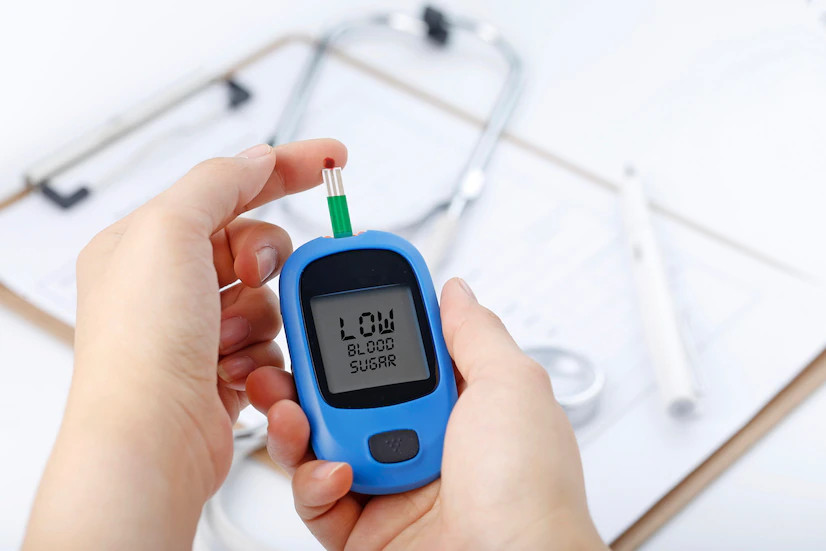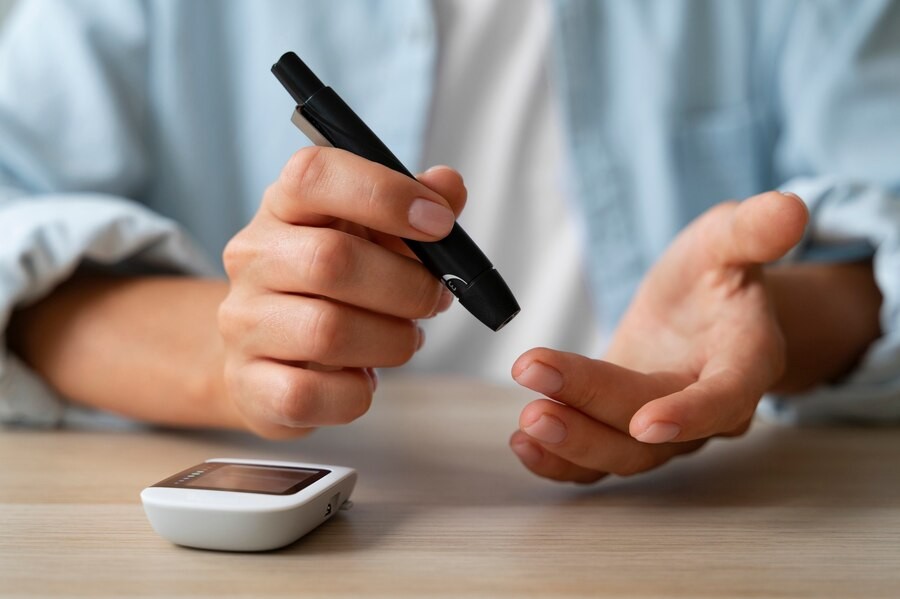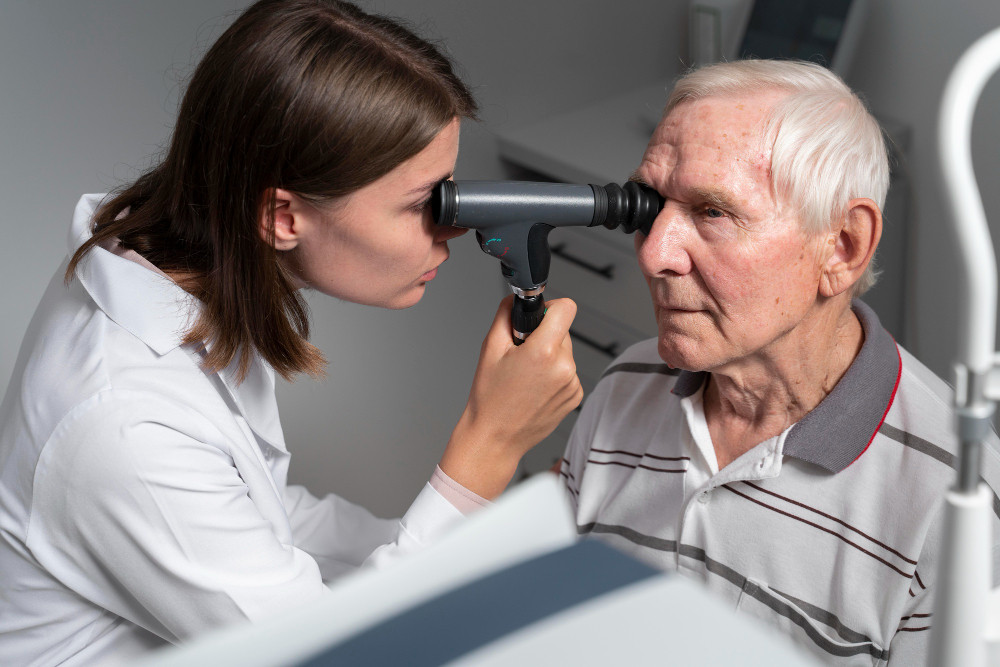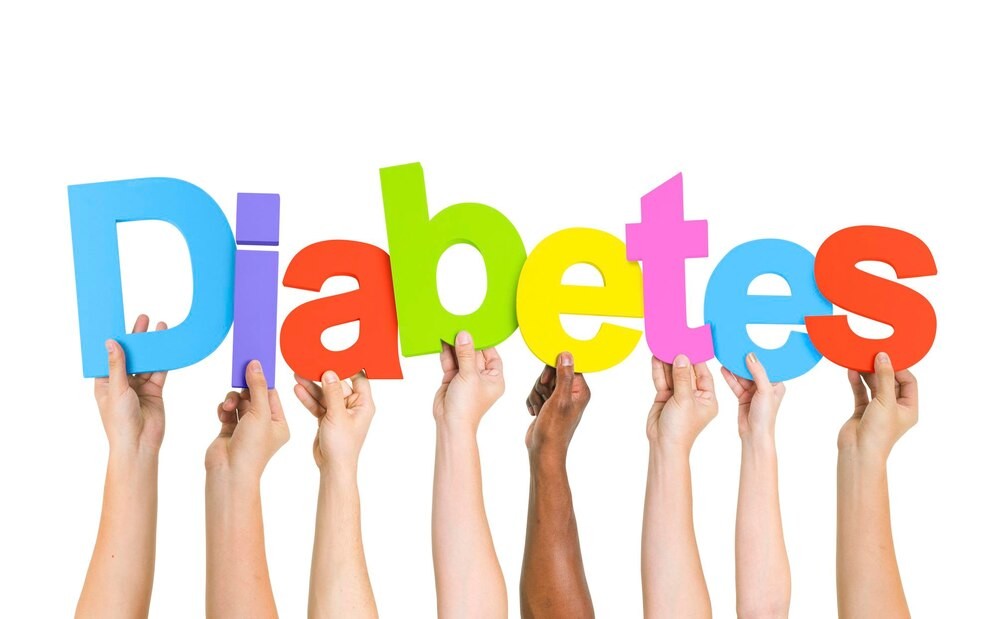For individuals with diabetes, regularly checking blood sugar levels is crucial for managing the condition. The frequency of monitoring depends on your doctor’s recommendation, though if you are on insulin therapy, it’s likely that your doctor will advise daily self-monitoring.
Why Should People with Diabetes Monitor Their Blood Sugar Levels?
Regular blood sugar checks allow individuals with diabetes to determine whether their levels are well-controlled. Monitoring is also essential to assess the effectiveness of your current treatment plan. If the medications are not working as intended, your doctor can adjust your prescription or dosage accordingly.
According to the Mayo Clinic, monitoring blood sugar levels can help you:
- Identify if your blood sugar levels are too high or low, so you can adjust your treatment or diet.
- Understand the impact of your diet and exercise on blood sugar levels.
- Evaluate how external factors such as illness and stress affect your blood sugar.
When Should You Check Blood Sugar Levels?
The frequency of blood sugar checks depends on several factors, including the type of diabetes, medications you are taking, and your overall health. Your doctor may suggest more frequent monitoring if:
- You are on insulin therapy.
- You are pregnant.
- You are struggling to meet your blood glucose targets.
- You experience frequent episodes of hypoglycemia (low blood sugar).
To check your blood sugar at home, you can use a glucometer, which involves a special needle and strip for self-testing.
Some specific times to check your blood sugar include:
Upon Waking Up
The blood sugar level upon waking is known as fasting glucose. This reading helps evaluate your blood sugar levels overnight, especially when paired with a reading before bed.
Before eating
Testing your blood sugar before meals helps regulate your food choices and avoid triggering a spike in blood sugar levels. It also indicates how your body responds to different types of food.
2 Hours After Eating
Testing two hours post-meal allows you to assess the effect of food on your blood sugar and whether any changes in your medication or insulin dosage are needed. Blood sugar is typically elevated after eating, so this check is especially useful if you are on insulin therapy.
Before and After Exercise
Exercise can have varying effects on blood sugar. It may lower blood sugar levels, or in some cases, it can cause them to rise. If your blood sugar drops after exercise, consuming a sugary snack or drink can help restore balance.
Before Bed
Monitoring your blood sugar levels before bed helps detect any potential high or low blood sugar issues. Low blood sugar during sleep, also known as nocturnal hypoglycemia, can cause symptoms like headaches, restless sleep, nightmares, and even shouting during sleep. These symptoms may leave you feeling tired or unfocused in the morning.
When Experiencing Symptoms of Hypoglycemia or Hyperglycemia
If you have signs of hyperglycemia, such as thirst, fatigue, frequent urination, headaches, or blurred vision, or symptoms of hypoglycemia like shaking, sweating, nervousness, dizziness, and hunger, it's important to check your blood sugar immediately to correct the imbalance.
Regular monitoring of blood sugar helps in managing the condition. Consult your doctor about the best times to check your blood sugar, or utilize the Ai Care app's consultation feature for guidance.
Want more health tips, home remedies, and first aid advice? Click here!
- dr Nadia Opmalina
Cleveland Clinic. Blood Sugar Monitoring. Available from: https://my.clevelandclinic.org/health/treatments/17956-blood-sugar-monitoring
Mayo Clinic. Blood sugar testing: Why, when and how. Available from: https://www.mayoclinic.org/diseases-conditions/diabetes/in-depth/blood-sugar/art-20046628
Vasquez, I. (2023). Available from: https://www.health.com/best-time-to-check-blood-sugar-7968326












